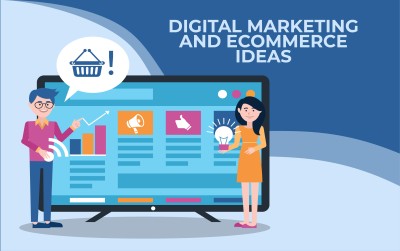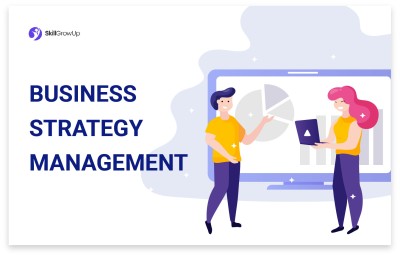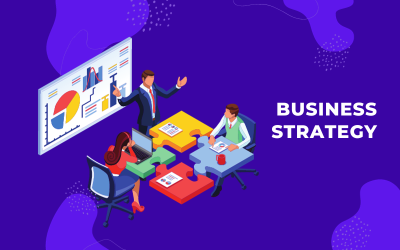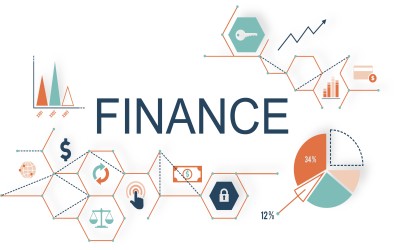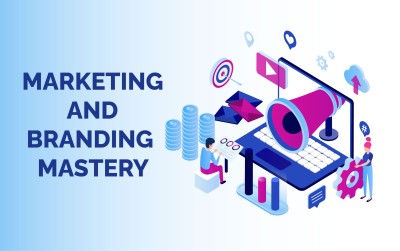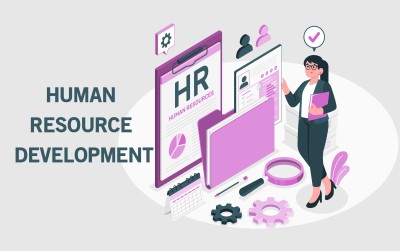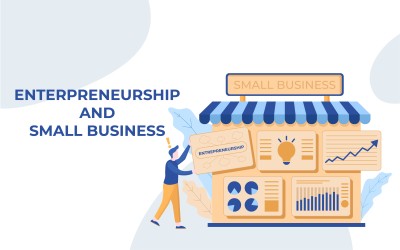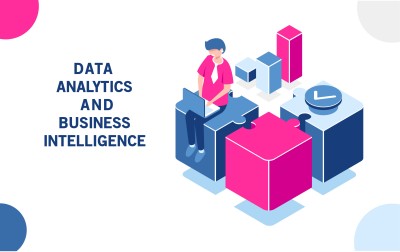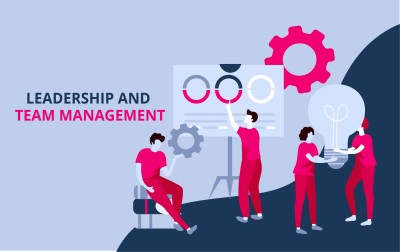Course description
Certainly! An E-commerce and Digital Business course typically covers a range of topics related to conducting business online, leveraging digital technologies, and managing e-commerce operations. Below is an outline of key areas that such a course might cover:
1. **Introduction to E-commerce:**
- Definition and evolution of e-commerce
- Types of e-commerce (B2B, B2C, C2C, etc.)
- Benefits and challenges of e-commerce
2. **E-commerce Business Models:**
- Understanding different e-commerce business models
- Subscription models, marketplace models, direct-to-consumer models, etc.
3. **Digital Marketing:**
- Search Engine Optimization (SEO)
- Social Media Marketing (SMM)
- Email marketing
- Content marketing
- Paid advertising (PPC, display ads)
4. **E-commerce Website Development:**
- Basics of website development
- E-commerce platforms (Shopify, Magento, WooCommerce, etc.)
- User experience (UX) and user interface (UI) design
5. **Payment Systems and Security:**
- Online payment gateways
- Security measures in e-commerce
- PCI DSS compliance
6. **Logistics and Supply Chain Management:**
- Order fulfillment
- Inventory management
- Shipping and delivery strategies
7. **Legal and Ethical Considerations:**
- E-commerce laws and regulations
- Privacy and data protection
- Intellectual property issues
8. **Customer Relationship Management (CRM):**
- Building customer relationships online
- Customer support in the digital age
9. **Analytics and Performance Measurement:**
- Web analytics
- Key performance indicators (KPIs) for e-commerce
- Data-driven decision-making
10. **Mobile Commerce (M-commerce):**
- Trends in mobile commerce
- Responsive design and mobile app development
11. **Emerging Technologies:**
- Artificial Intelligence in e-commerce
- Virtual and Augmented Reality applications
- Blockchain in supply chain and payments
12. **Case Studies and Practical Applications:**
- Real-world examples of successful e-commerce businesses
- Analysis of failed e-commerce ventures and lessons learned
13. **E-commerce Strategy and Planning:**
- Developing an e-commerce business plan
- Strategic considerations for sustainable growth
14. **Global E-commerce:**
- Cross-border e-commerce
- Cultural considerations in international business
15. **Future Trends in E-commerce:**
- Exploring upcoming trends and innovations
- Adapting to changes in technology and consumer behavior
This course would likely include a mix of lectures, practical exercises, case studies, and possibly a project where students can apply their knowledge to create or improve an actual e-commerce business. The digital nature of the course might also involve online platforms and tools for practical implementation and assessment.

